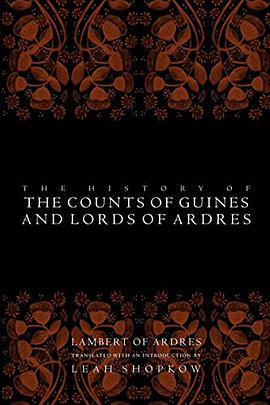

Expectations of Justice in the Age of Augustine Kevin Uhalde "Nuanced, erudite, yet accessibly written...Uhalde persuades readers of his arguments not only by his deep, broad knowledge of the primary and secondary literature but also through his compelling sensitivity to the dynamics of human interaction."--Choice "A first-rate piece of scholarship. It deals with a complex issue in an accessible style and offers numerous insights into existing areas of discussion, while remaining firmly grounded in both the primary and secondary literature."--Bryn Mawr Classical Review "This exciting study draws on a remarkable range of sources ...does an outstanding job of blending intellectual and social history ...[and] is beautifully written...An exceptional piece of scholarship that makes a genuine contribution to the field."--Speculum "Learned, lucid, and persuasive."--Catholic Historical Review Augustine, bishop of Hippo between 395 and 430, and his fellow bishops lived and worked through massive shifts in politics, society, and religion. Christian bishops were frequently asked to serve as intellectuals, legislators, judges, and pastors--roles and responsibilities that often conflicted with one another and made it difficult for bishops to be effective leaders. Expectations of Justice in the Age of Augustine examines these roles and the ways bishops struggled to fulfill (or failed to fulfill) them, as well as the philosophical conclusions they drew from their experience in everyday affairs, such as oath-swearing, and in the administration of penance. Augustine and his near contemporaries were no more or less successful at handling the administration of justice than other late antique or early medieval officials. When bishops served in judicial capacities, they experienced firsthand the complex inner workings of legal procedures and social conflicts, as well as the fallibility of human communities. Bishops represented divine justice while simultaneously engaging in and even presiding over the sorts of activities that animated society--business deals, litigations, gossip, and violence--but also made justice hard to come by. Kevin Uhalde argues that serving as judges, even informally, compelled bishops to question whether anyone could be guaranteed justice on earth, even from the leaders of the Christian church. As a result, their ideals of divine justice fundamentally changed in order to accommodate the unpleasant reality of worldly justice and its failings. This philosophical shift resonated in Christian thought and life for centuries afterward and directly affected religious life, from the performance of penance to the way people conceived of the Final Judgment. Kevin Uhalde teaches history at Ohio University. 2007 | 248 pages | 6 x 9 ISBN 978-0-8122-3987-4 | Cloth | $65.00s | GBP42.50 ISBN 978-0-8122-0303-5 | Ebook | $65.00s | GBP42.50 World Rights | History, Classics Short copy: Expectations of Justice in the Age of Augustine examines the complex and varying roles Christian bishops played during late antiquity and how their experiences fundamentally affected Christian ideals of divine justice.
具体描述
读后感
评分
评分
评分
评分
用户评价
相关图书
本站所有内容均为互联网搜索引擎提供的公开搜索信息,本站不存储任何数据与内容,任何内容与数据均与本站无关,如有需要请联系相关搜索引擎包括但不限于百度,google,bing,sogou 等
© 2025 book.wenda123.org All Rights Reserved. 图书目录大全 版权所有




















